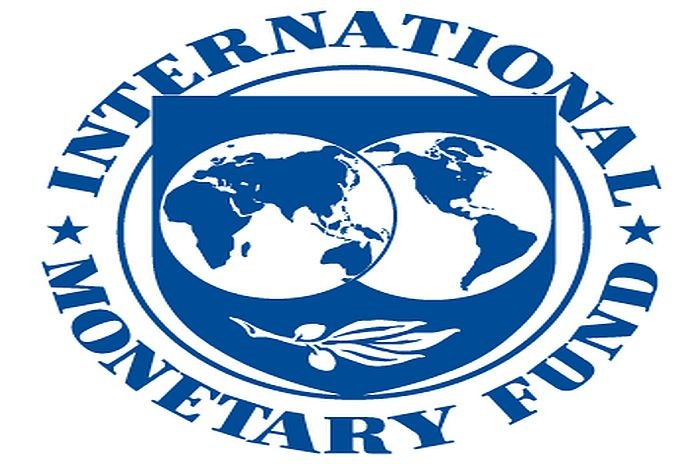WASHINGTON, USA – On November 29, 2023, the Executive Board of the International Monetary Fund (IMF) concluded the Article IV consultation with Antigua and Barbuda.
Antigua and Barbuda’s economy continues to bounce back from the sharp contraction experienced during the COVID-19 pandemic. Real activity is expected to return to pre-pandemic levels this year, with growth projected at 5.7 percent, driven by a rebound in tourism and construction activity. Inflation has declined from 2022 peaks but remains elevated (at 6.6 percent in August this year), accompanied by moderating core inflation. The financial sector is well-capitalized and liquid and the share of nonperforming loans is stable, with credit growth remaining weak.
The fiscal position has improved as the deficit and debt have declined, though gross financing needs remain high. Improved revenues and continued public sector payroll restraint, along with a rise in nominal GDP, have brought down the primary deficit to 1.7 percent of GDP and the public debt to 87 percent of GDP in 2022. However, gross financing needs remain high at 14 percent of GDP, and an inability to access international capital markets continues to limit financing options. Despite some progress, the stock of outstanding arrears owed to external creditors and domestic suppliers persists.
Growth is expected to moderate and gradually converge to its long-term trend, and price pressures are expected to dissipate in 2024. However, Antigua and Barbuda faces a number of downside risks. Inflation may persist longer than expected from higher global commodity prices. The fiscal position may deteriorate if arrears continue to accumulate, or if the current financing options become unavailable or unaffordable, particularly if the planned deficit reduction is not realized. Real activity growth may decline due to slower-than-expected growth in trading partners and a further strengthening of the U.S. dollar. Climate change may lead to droughts and hurricanes of higher severity and frequency.
Executive board assessment
Executive directors agreed with the thrust of the staff appraisal. They welcomed Antigua and Barbuda’s robust recovery over the past two years, with real GDP expected to return to pre-pandemic levels this year, and the declining debt ratio and inflation rate. Directors concurred that while the near-term growth outlook is favourable, it remains subject to downside risks, including from weaker tourism performance, unfavourable financing conditions, and natural disasters. They emphasized the need for decisive actions to address fiscal and external imbalances and further efforts to improve growth prospects and build resilience. Directors highlighted the importance of continued close collaboration with the Fund and other development partners to address imbalances and build capacity.
Directors underscored the need for fiscal adjustment and welcomed the authorities’ focus on revenue mobilization and expenditure restraint. Important measures include limiting discretionary tax exemptions and broadening the Antigua and Barbuda Sales Tax (ABST) base. Directors agreed that these measures should be supported by a sound cash and debt management strategy, focused on lengthening debt maturities and contingency planning.
Recognizing the importance of restoring debt sustainability, directors stressed the need for close engagement with creditors and domestic suppliers and a concrete plan to resolve existing arrears and avoid new arrears. They also recommended strengthening the social safety net to provide more targeted support for the vulnerable and centralizing programs to reduce coverage gaps and avoid duplication.
Directors agreed that fiscal institutions should be enhanced to support the credibility of the fiscal framework. Addressing shortcomings in the transparency and exchange of information frameworks for tax purposes would facilitate an exit from the EU list of noncooperative jurisdictions for tax purposes.
Directors welcomed that the financial sector remains stable and liquid and encouraged continued measures to strengthen financial stability. They recommended enhancing the oversight and regulation of credit unions and incorporating climate risks into the stress testing framework. Directors welcomed the authorities’ commitment to continue to strengthen the AML/CFT and Citizenship-by-Investment Program (CIP) frameworks.
Directors recognized the ongoing initiatives to boost growth and build resilience. They recommended continuing efforts to boost tourism, including by increasing flight connectivity. While welcoming the investments in education and training, directors encouraged further steps to strengthen active labor market policies and expand opportunities for vocational training. Noting the challenges associated with transition to renewable energy, directors welcomed the efforts to increase donor support for climate change-related projects.
It is expected that the next Article IV Consultation with Antigua and Barbuda will be held on the standard 12-month cycle. An explanation of any qualifiers used in summings up can be found here.





